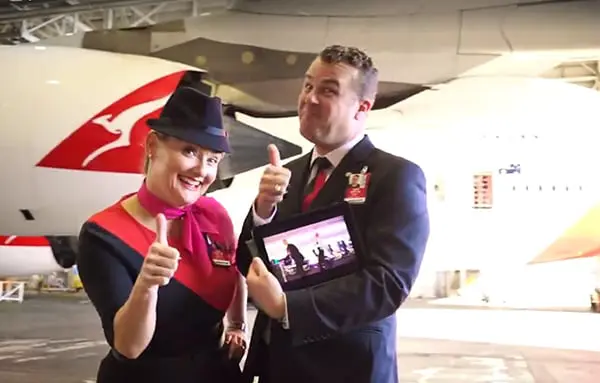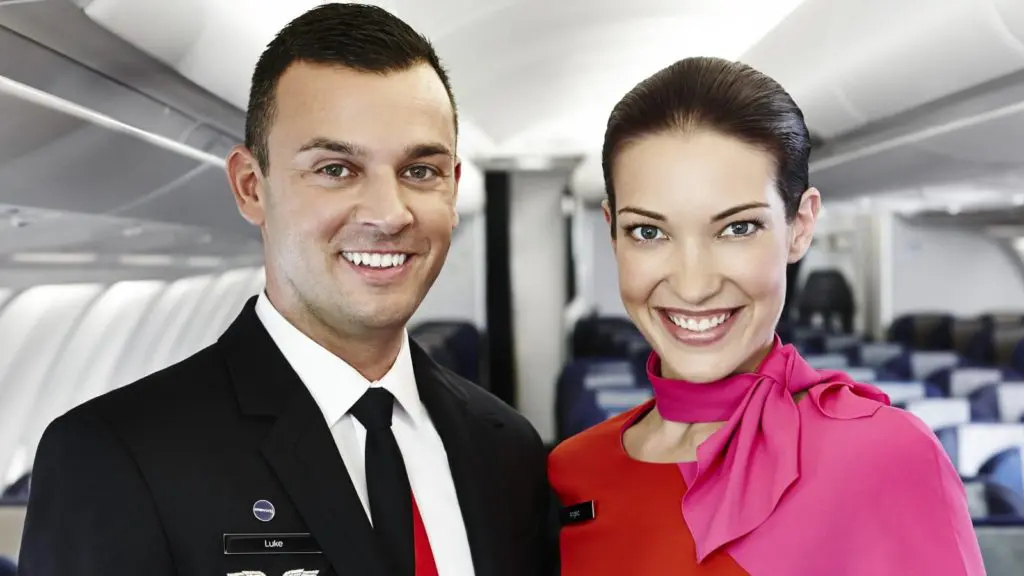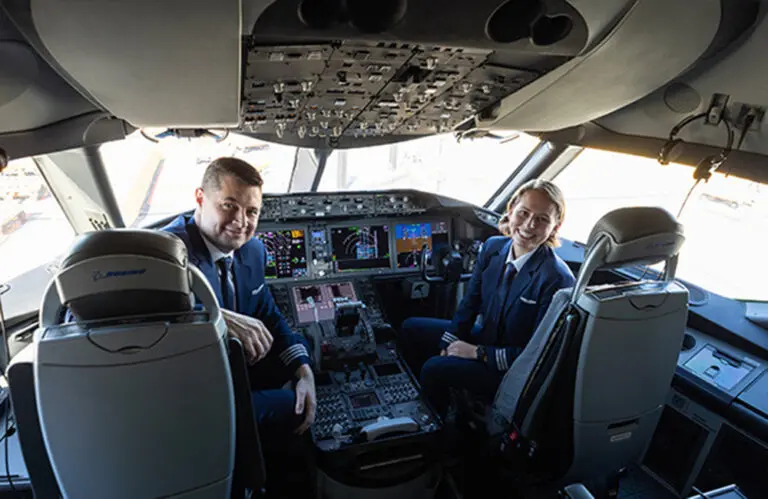Big data and experimentation have made Qantas a little less tardy, according to a new discussion paper released by Amadeus.
Using Qantas as a case study, the technology company highlighted how the carrier’s utilisation of Amadeus Travel Intelligence’s Schedule Recovery has helped the Flying Kangaroo reduce the number of flights that would have been reported as late by up to 60 percent.
Developed in partnership with Qantas, Scheduled Recovery is designed to improve operational efficiencies when dealing with disruptions.

It works by providing automated responses to operational issues and even adopts a predictive role to alert the airline of any potential issues. This allows the airline to make rapid choices to potential delays, and gives them enough time to contact customers before they head to the airport.
Since implementing the solution, Amadeus says Qantas has seen “remarkable benefits”, with the program removing around 300 minutes of flight delays from the initial slot allocation by Air Traffic Control.

“The companies that are more likely to succeed in the future travel industry will be those that embrace big data and experimentation.”
Pascal Clement, Amadeus IT Group Head of Travel Intelligence
“They’ll try out new ideas and approaches to increase their operational efficiency and enhance the customer experience – and benefit from new revenues and increased loyalty.”
“This paper explores both what can be done today, and how travel companies can best prepare themselves for the future.”





